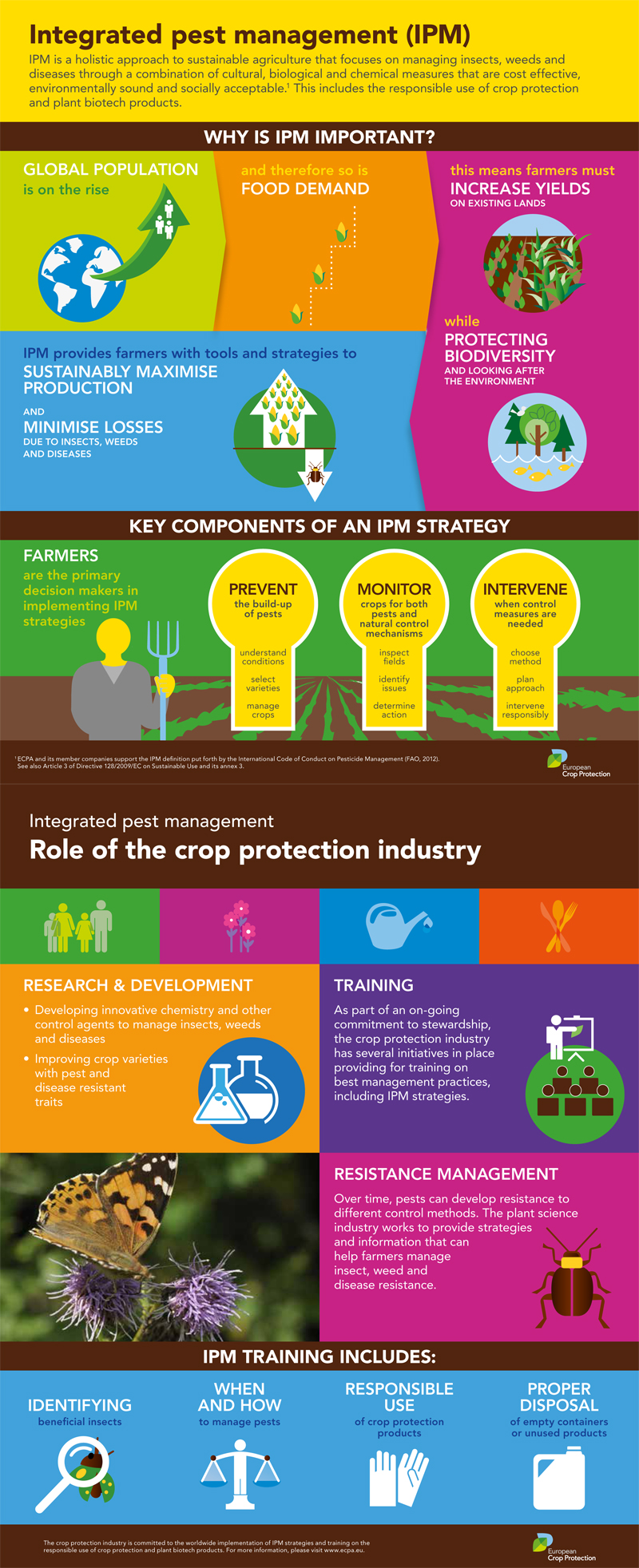Prepare To Change Your Yard Into A Pest-Free Paradise With These Ingenious Suggestions And Techniques
Prepare To Change Your Yard Into A Pest-Free Paradise With These Ingenious Suggestions And Techniques
Blog Article
Web Content Author-Lauritsen Pittman
Imagine your yard as a haven, a place of tranquility and charm. Nonetheless, the visibility of exterior parasites can promptly disrupt this idyllic photo. What if there were easy yet efficient means to keep these undesirable site visitors at bay and shield your yard oasis? By adhering to a few useful tips and implementing natural approaches, you can produce an unified exterior space where your plants can grow undisturbed.
Natural Pest Deterrents
To keep bugs away from your garden naturally, plant aromatic natural herbs like mint and lavender. These great smelling plants not only include charm to your garden but also serve as reliable pest deterrents. Insects like mosquitoes, flies, and even some garden-damaging insects are warded off by the strong fragrances released by these natural herbs. Merely placing them purposefully around your yard can help produce a natural barrier versus unwanted pests.
Along with mint and lavender, take into consideration planting other natural herbs like rosemary, basil, and lemongrass to even more improve your yard's pest-proofing abilities. simply click the next internet page serve as natural repellents but likewise have the added advantage of working in food preparation or crafting homemade treatments.
Strategic Plant Positioning
Think about the design of your yard and the types of plants you need to strategically place them for optimum pest-proofing effectiveness.
Beginning by organizing plants with similar resistance to pests with each other. By doing this, you can develop an all-natural obstacle that deters pests from spreading out throughout your garden.
Furthermore, placing pest-repelling plants like marigolds, lavender, or mint near more prone plants can help safeguard them. Tall plants, such as sunflowers or corn, can serve as a shield for much shorter plants against parasites like rabbits or ground-dwelling insects.
Keep in mind to leave enough room between plants to enhance air circulation and lower the risk of conditions that pests might carry.
Additionally, take into consideration planting strong-smelling natural herbs like rosemary or basil near susceptible plants to perplex parasites' senses and make it harder for them to find their targets.
Efficient Insect Control Methods
For combating yard parasites properly, executing a multi-faceted parasite control strategy is vital. Beginning by urging natural predators like birds, ladybugs, and praying mantises to assist keep insect populaces in check. Presenting plants that draw in these advantageous pests can help in insect control. Additionally, exercising good garden health by getting rid of debris and weeds where insects may conceal can make your garden less hospitable to undesirable site visitors.
Think about making use of physical barriers such as row cover materials or netting to shield at risk plants from parasites like caterpillars and birds. Applying organic pesticides like neem oil or insecticidal soap can additionally work against particular pests while being less dangerous to advantageous pests and the environment. It's essential to rotate your plants each season to stop the accumulation of bug populations that target particular plants.
On just click the following internet site evaluate your plants for indicators of bug damage so you can act without delay. By combining these techniques and staying attentive, you can efficiently control garden parasites and delight in a growing, pest-free garden.
Conclusion
So, there you have it - with the ideal techniques, you can maintain pesky outdoor insects far from your yard and assist your plants flourish.
Did you recognize that growing mint has been revealed to repel mosquitoes and other insects, minimizing the requirement for damaging chemicals by as much as 60%?
By incorporating natural deterrents and smart planting techniques, you can produce a stunning and pest-resistant yard sanctuary for you to enjoy.
